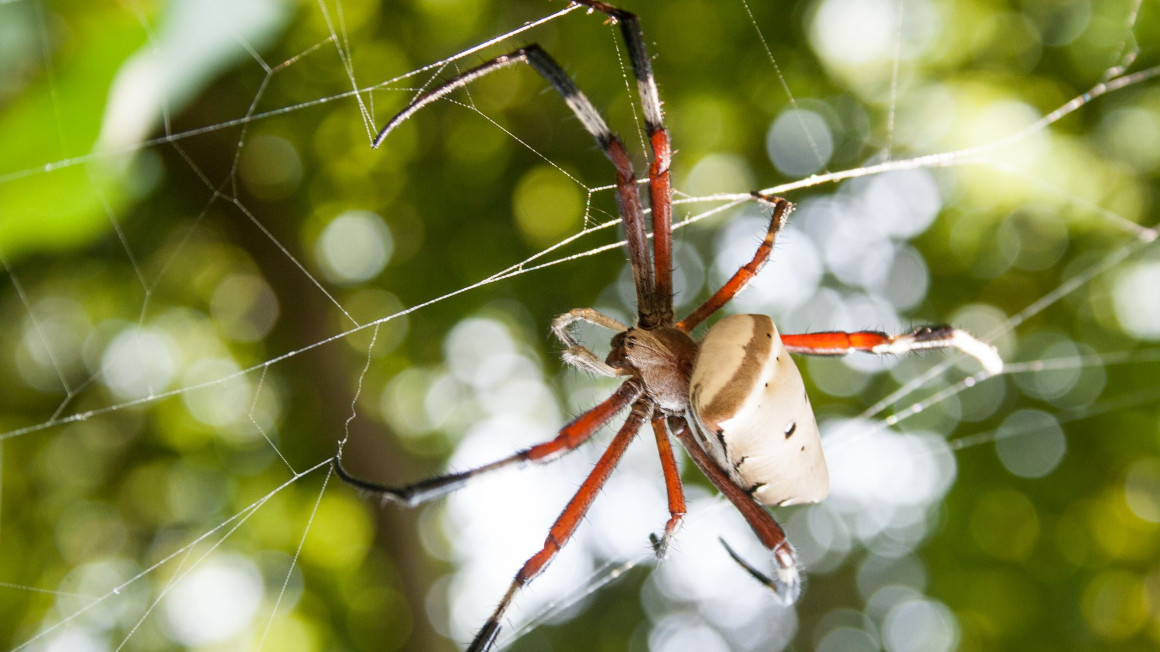Arthropod diversity increases forest productivity
A study by Göttingen researchers shows for the first time the importance of insect, spider and millipede biodiversity for the forest ecosystem.

Arthropods are irreplaceable for the preservation of the forest ecosystem by providing numerous services: they act as pollinators, remove dead plant parts and recycle these substances so that new, fertile soil can form. They are also the food base for numerous animals such as birds, bats or hedgehogs. But biodiversity in forests is under threat. "Species-rich groups such as arthropods are declining because forest areas are being destroyed and plant biodiversity is decreasing," explains Andreas Schuldt, Professor of Forest Conservation at the University of Göttingen.
Significance of insect diversity for forest productivity
In a large-scale experiment lasting more than five years, a team led by Schuldt collected and analyzed data on the occurrence of tree-dwelling arthropods and tree growth in southeastern China. "Until now, most studies on the importance of diversity to the ecosystem have only looked at the diversity of plant species. The ecological importance of living organisms along the food chain has been neglected," the researcher explains. With their study, the researchers are now showing for the first time how important the diversity of insects and the like is for the productivity of the forest ecosystem.
Insect diversity promotes tree growth in species-rich forests
According to this study, a high diversity of tree varieties has a positive effect on species diversity and the abundance of arthropods such as insects, spiders and millipedes. But that's not all: the arthropods make a decisive contribution to the fact that a high diversity of tree species also promotes productivity in the forest. As the team writes in the journal Nature Ecology & Evolution, in species-rich forests, the spread of herbivorous arthropods is more effectively suppressed by foraging and parasitic arthropods. This, in turn, favors tree growth.
Basis for protection and preservation of biodiversity
"The findings underscore the critical role of conservation measures in promoting and maintaining forest biodiversity," says the head of the experiment, Xiaojuan Liu of the Chinese Academy of Sciences in Beijing. For the researchers, it is clear that optimizing forest management for greater carbon sequestration can be more effective if arthropod diversity is promoted along with tree diversity.
bb


